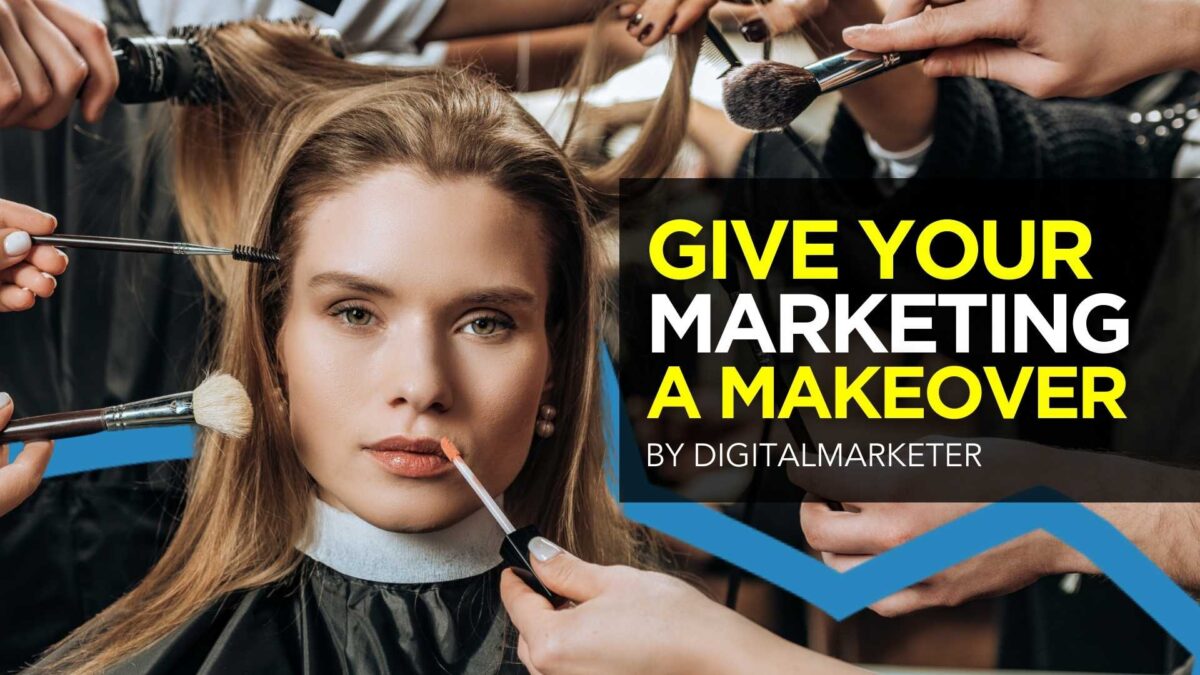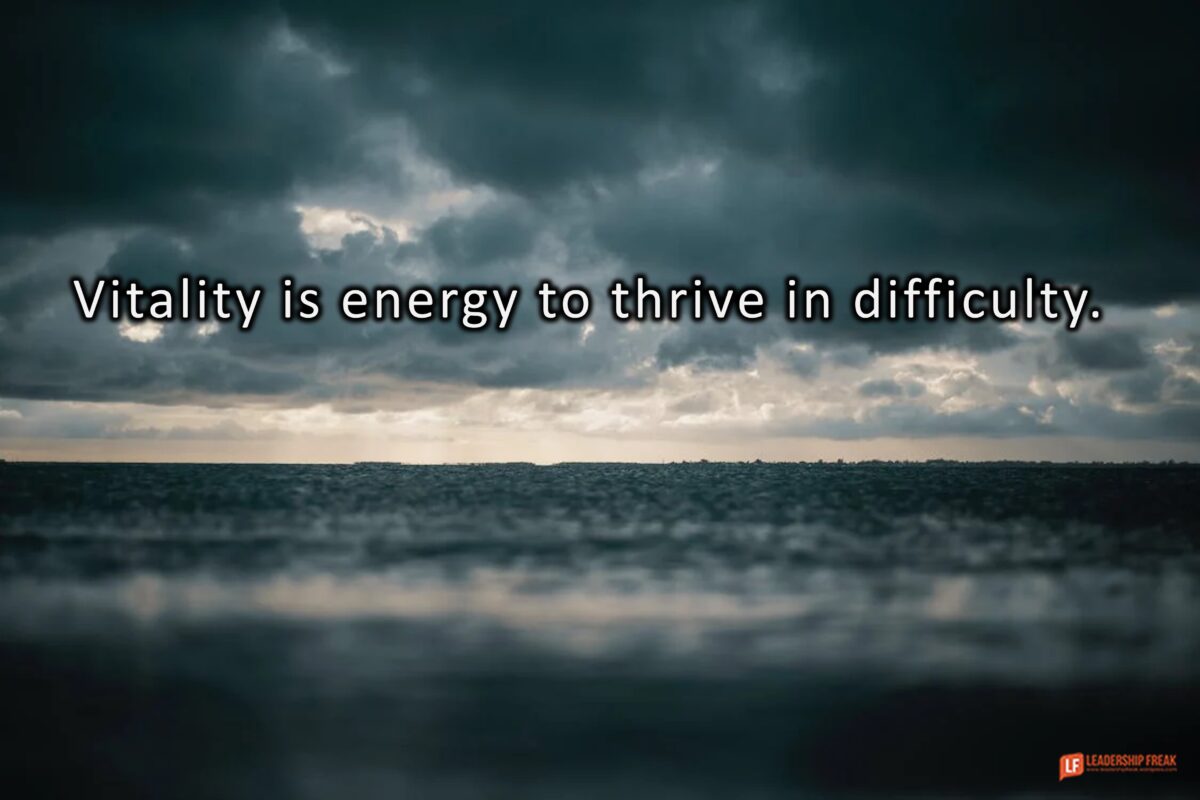Create Yourself: The Active Side of Authentic Development
“Young people searching for their “real self” must learn that the real self is not something one finds as much as it is something one makes; and it is one’s daily actions that shape the inner personality far more permanently than any amount of introspection or intellection.” Sydney J. Harris
The great responsibility:
Do we discover ourselves? Yes. Do we create ourselves? Yes.
The cliché, “You are beautiful just the way you are,” short circuits responsibility. We don’t tell people who harm others they’re beautiful just the way they are. The self-discovery movement leads us astray when it neglects self-development.
Everyone isn’t beautiful:
Is it beautiful to withhold useful information from colleagues, cut in line at airports, or cheat on our taxes? How about when we steal someone’s reputation with gossip, or disrespect customer flight attendants and restaurant servers? We have intrinsic value even though we have a Darth Vader side.
The unbeautiful items above are frivolous compared to a world that includes malevolence, deceit, and brutality.
Everyone has intrinsic value. And you have limitless room for improvement. Don’t insult potential by ignoring the growth opportunities.
Create yourself:

 Image from, “The Story of Philosophy,” by Will Durant, 1943, pg. 61.)
Image from, “The Story of Philosophy,” by Will Durant, 1943, pg. 61.)
You create yourself every day, but you may not notice until it’s too late.
Aristotle said, “Virtues are formed in man by his doing the actions.” Virtues don’t magically appear. You live into them.
Will Durant explains Aristotle’s wisdom when he says, “… we are what we repeatedly do. Excellence, then, is not an act but a habit…”
Create yourself by living into your ideal self.
You haven’t been your natural self since you learned to control anger and hold your tongue.
You have the power to create yourself.
What simple habits have made you the leader you are today?
What simple habits would help you create your ideal self?
Still curious:
The Habit of Finishing Stuff (90 second read.)
5 Steps to Making Habits that Create Your Future (90 second read.)
Atomic Habits, by James Clear.
Like this:
Like Loading…























